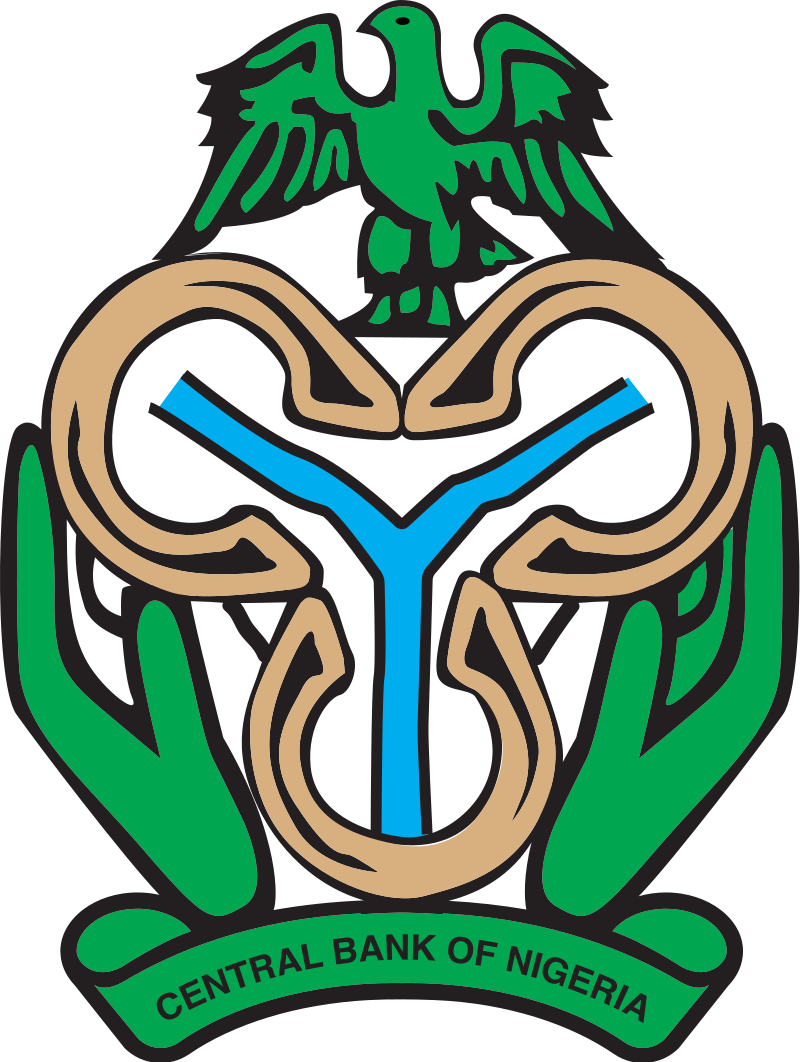
SIBAN’s executive secretary, Rume Ophi, stressed that Binance should reveal names to substantiate the claim and allow authorities to address wrongdoing.
364 Total views
1 Total shares

Own this piece of crypto history
Collect this article as NFT
Nigerian cryptocurrency industry stakeholders are demanding that Binance reveal the identity of the official who attempted to bribe it and substantiate its claims.
In separate interviews with Cointelegraph, local crypto stakeholders said the bribery allegation from Binance could negatively affect the country’s image if not handled properly.
According to Rume Ophi, the executive secretary of the Stakeholders in Blockchain Technology Association of Nigeria (SiBAN), the body language of the representative of the Nigerian Securities and Exchange Commission (SEC) during a May 6 meeting showed that the government is willing to make the crypto industry work.
However, Ophi cautioned against Binance’s potential to tarnish the government’s image, adversely affecting Nigeria’s crypto sector.
“If Binance is trying to make this government look bad and, in turn, create a negative ripple effect for crypto in the country, the stakeholders in Nigeria will not allow that.”
Ophi emphasized that Binance needs to disclose specifics, urging it to identify individuals involved in the alleged bribery attempt. He said this would substantiate the claim and enable authorities to address any wrongdoing, thereby protecting the country’s image in the eyes of international exchanges considering Nigeria as a place to do business.
On May 7, Binance CEO Richard Teng provided a comprehensive explanation regarding the ongoing detention of Tigran Gambaryan, a former United States Internal Revenue Service agent who previously led Binance’s financial crime compliance team.
Teng claimed that unidentified individuals approached the exchange’s employees and proposed payment to settle the allegations.
Related: How Binance played a key role in arrest of ZKasino scam suspect
Nathaniel Luz, the CEO of Flincap, a crypto exchange liquidity platform, expressed skepticism that any Nigerian official approached Binance. However, Luz emphasized that naming specific individuals would help substantiate its claim.
In 2023, the Nigerian SEC stated that Binance Nigeria wasn’t registered or regulated by it, making its operations in Nigeria illegal.
On Feb. 27, the governor of the Central Bank of Nigeria argued that crypto exchanges in Nigeria were suspected of handling illicit transactions, pointing to “suspicious flows” of funds at Binance.
As the suspicions of Binance’s alleged illicit operations in Nigeria intensified, the Nigerian House of Representatives Committee on Financial Crimes called Binance CEO Richard Teng to appear before the committee by March 4.
The situation intensified when Nigerian officials demanded actions from Binance, such as delisting the Nigerian naira from its platform and providing detailed user information. This led to the detention of Gambaryan and his colleague Nadeem Anjarwalla.
Magazine: Meme coins: Betrayal of crypto’s ideals… or its true purpose?






